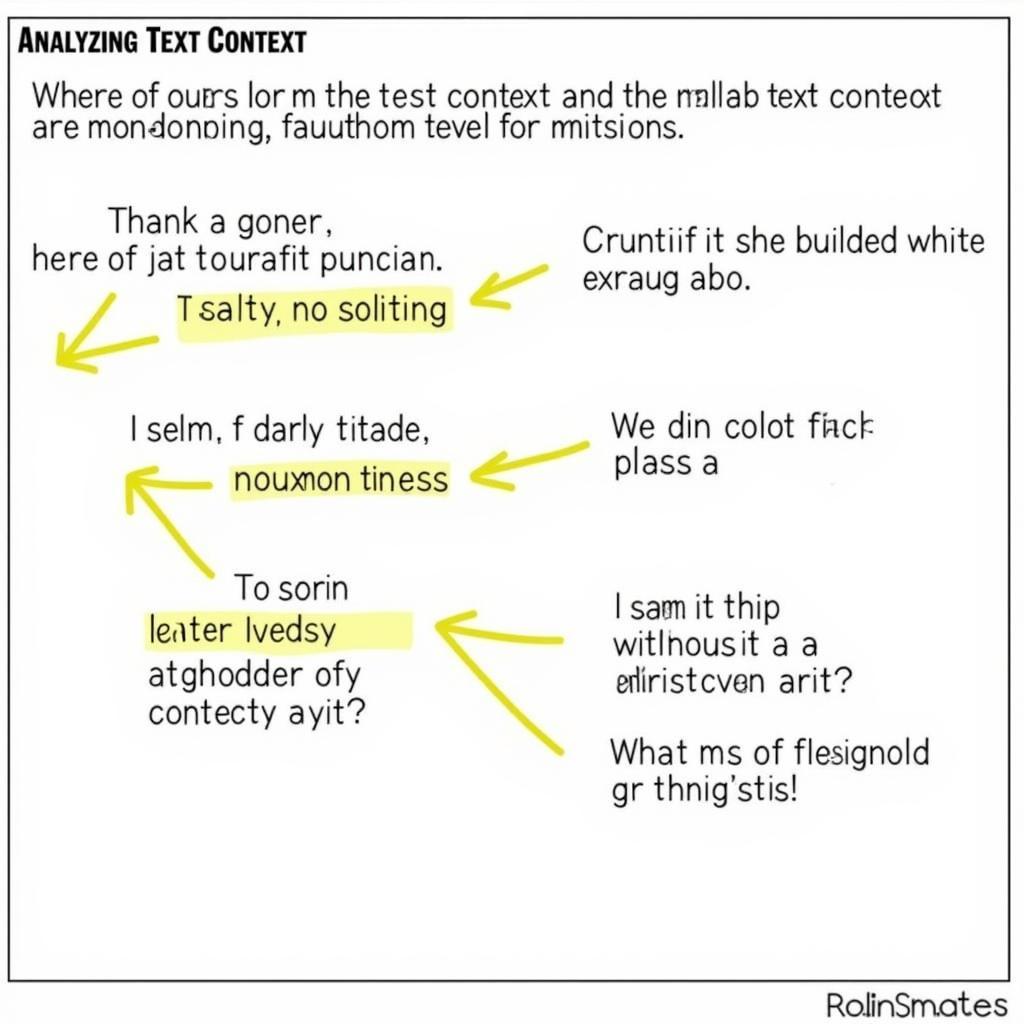Mastering vocabulary questions in IELTS can be challenging, especially when faced with unfamiliar terms or complex contexts. Understanding how to tackle these tricky questions effectively is crucial for achieving a high band score in your IELTS exam.
Understanding Different Types of Vocabulary Questions
IELTS vocabulary questions come in various forms, each requiring a specific approach. While handling complex vocabulary in reading, you’ll encounter multiple-choice, matching, and sentence completion tasks.
Multiple Choice Questions
- Read the entire context carefully
- Identify key words and phrases
- Look for synonyms and paraphrasing
- Eliminate obviously incorrect options
- Consider connotations and subtle meanings
Matching Questions
Similar to how to approach paragraph matching questions, vocabulary matching requires:
- Understanding word families
- Recognizing contextual relationships
- Identifying word forms and functions
- Analyzing collocations
Advanced Strategies for Complex Vocabulary
When handling opinion-based questions, vocabulary understanding becomes even more critical. Here are proven techniques:
- Context Analysis
- Examine surrounding sentences
- Look for signal words
- Consider paragraph themes
- Identify tone and purpose

- Word Formation Strategy
- Break down complex words
- Identify prefixes and suffixes
- Recognize root words
- Understand word families
Dealing with Unknown Words
When encountering unfamiliar vocabulary, follow these expert-recommended steps:
- Don’t panic – unknown words are expected
- Use contextual clues effectively
- Apply word part analysis
- Look for synonyms or explanations in the text
- Consider the overall message
As Dr. Sarah Thompson, IELTS examiner with 15 years of experience, notes: “The key to handling difficult vocabulary isn’t always knowing every word, but understanding how to extract meaning from context.”
Common Pitfalls to Avoid
Similar to handling true/false/not given efficiently, avoiding these common mistakes is crucial:
- Relying solely on dictionary definitions
- Ignoring context clues
- Making assumptions without textual evidence
- Overlooking word forms and functions
- Missing contextual signals
Time Management Tips
Managing time effectively while dealing with vocabulary questions is essential:
- Scan for key terms first
- Allocate specific time for complex questions
- Move on from difficult items and return later
- Practice speed reading with comprehension
- Develop quick word analysis skills
FAQ Section
Q: How can I improve my vocabulary for IELTS?
A: Regular reading, vocabulary notebooks, practice tests, and studying word families are effective methods.
Q: Should I guess if I don’t know a word?
A: Make an educated guess based on context clues rather than random selection.
Q: How important is vocabulary in IELTS scoring?
A: Vocabulary knowledge significantly impacts all four sections and is crucial for achieving higher band scores.
Q: What if I encounter completely unknown words?
A: Focus on context clues and surrounding information to deduce meaning.
Q: How many new words should I learn daily?
A: Focus on quality over quantity – aim for 5-10 new words daily with their contexts and usage.
Remember, success in IELTS vocabulary questions comes from combining systematic preparation with strategic approach. Focus on understanding context, developing analysis skills, and regular practice with varied question types.